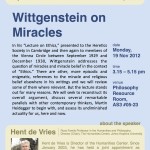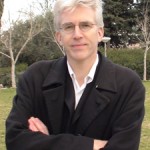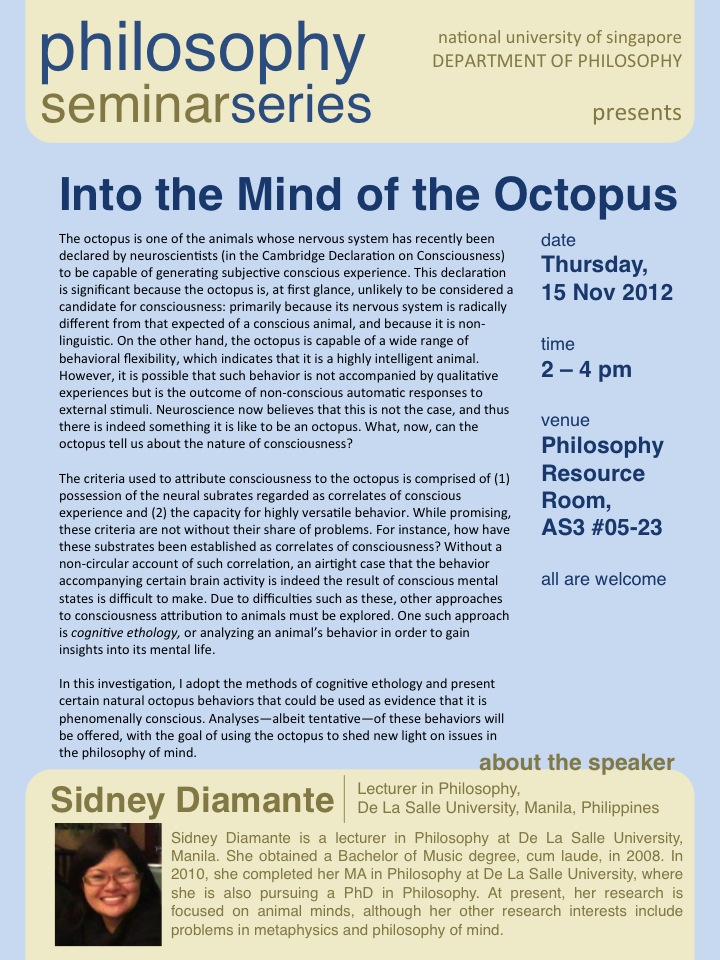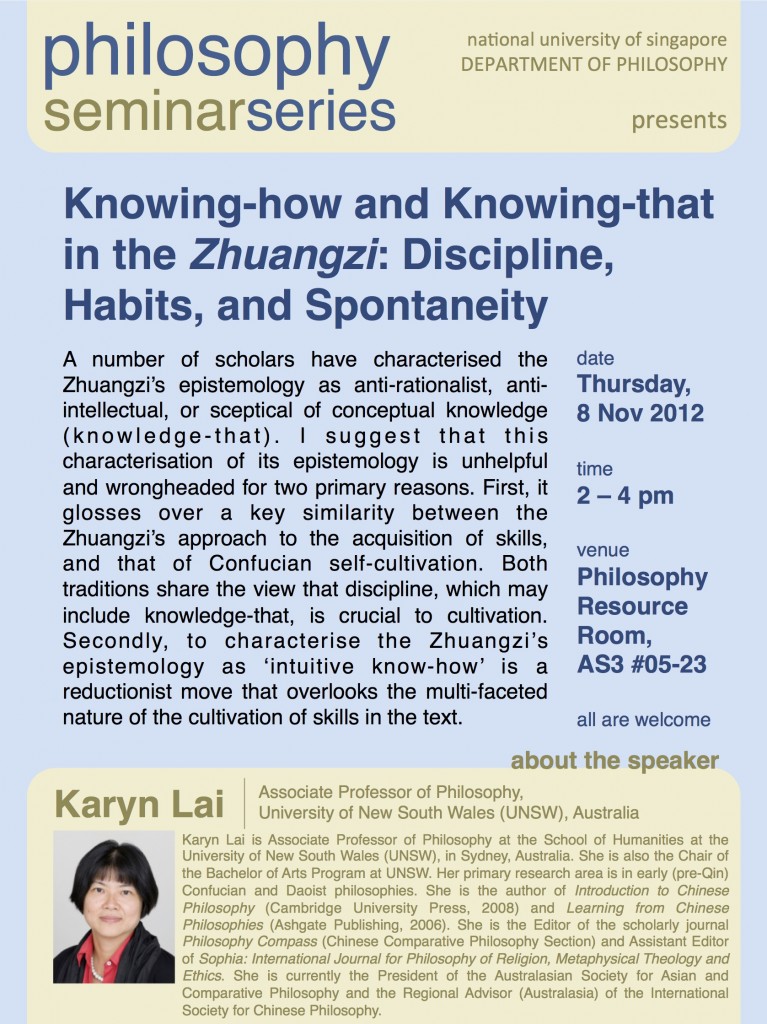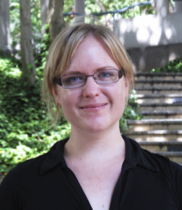 What is David Hume’s notion of consciousness? Perhaps surprisingly, not much has been written on this important question. The problem is that there is no section or chapter on the topic in Hume and indeed no explicit discussion at all of consciousness. That is, although Hume does apply a certain conception of consciousness in his discussion of personal identity and elsewhere, he does this without explaining it in any detail. And yet not only is the notion of consciousness central to Hume’s philosophy of mind, it is also a key concept both for Hume’s contemporaries and for present day philosophers of mind. The continuing interest in Hume’s philosophy of mind is, however, at least partly due to the fact that difficult questions concerning the interpretation and critical evaluation of significant elements of his argument remain. For example, Hume states, that “consciousness is nothing but a reflected thought or perception” and that “consciousness never deceives”. Does this mean that the mind or self is what it is perceived to be, namely a bundle of perceptions, as some scholars have claimed? Does Hume think that there is no more to the self than what consciousness understood as “reflected thought or perception” reveals? Perhaps not. Galen Strawson’s recent very positive evaluation and interpretation of Hume on the self will be examined in this context.
What is David Hume’s notion of consciousness? Perhaps surprisingly, not much has been written on this important question. The problem is that there is no section or chapter on the topic in Hume and indeed no explicit discussion at all of consciousness. That is, although Hume does apply a certain conception of consciousness in his discussion of personal identity and elsewhere, he does this without explaining it in any detail. And yet not only is the notion of consciousness central to Hume’s philosophy of mind, it is also a key concept both for Hume’s contemporaries and for present day philosophers of mind. The continuing interest in Hume’s philosophy of mind is, however, at least partly due to the fact that difficult questions concerning the interpretation and critical evaluation of significant elements of his argument remain. For example, Hume states, that “consciousness is nothing but a reflected thought or perception” and that “consciousness never deceives”. Does this mean that the mind or self is what it is perceived to be, namely a bundle of perceptions, as some scholars have claimed? Does Hume think that there is no more to the self than what consciousness understood as “reflected thought or perception” reveals? Perhaps not. Galen Strawson’s recent very positive evaluation and interpretation of Hume on the self will be examined in this context.
Philosophy Department Seminar.
Date: Wednesday, 12 Dec 2012
Time: 3.15pm – 5.15pm
Venue: Philosophy Resource Room (AS3 #05-23)
Speaker: Professor of History of Philosophy, Head of Alexius Meinong Institute, Deputy Director of the Institute for Philosophy, University of Graz, Institute for Philosophy, Germany
Moderator: A/P Tan Sor Hoon
 Udo Thiel studied philosophy at Marburg, Oxford and Bonn, where he obtained his Doctorate in Philosophy in 1982. He held various positions at the University of Sydney from 1985 to 1991. He was Lecturer/Senior Lecturer/Reader in Philosophy, Australian National University, 1992-2009. In 2009 he was appointed University Professor (Full Professor) and Chair in the History of Philosophy, University of Graz, Austria. His books include The Early Modern Subject: Self Consciousness and Personal Identity from Descartes to Hume (Oxford University Press, 2011).
Udo Thiel studied philosophy at Marburg, Oxford and Bonn, where he obtained his Doctorate in Philosophy in 1982. He held various positions at the University of Sydney from 1985 to 1991. He was Lecturer/Senior Lecturer/Reader in Philosophy, Australian National University, 1992-2009. In 2009 he was appointed University Professor (Full Professor) and Chair in the History of Philosophy, University of Graz, Austria. His books include The Early Modern Subject: Self Consciousness and Personal Identity from Descartes to Hume (Oxford University Press, 2011).



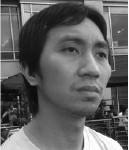 Robert James Boyles is a lecturer in philosophy at De La Salle University-Manila. He earned his Master in Philosophical Research from the same school.
Robert James Boyles is a lecturer in philosophy at De La Salle University-Manila. He earned his Master in Philosophical Research from the same school.